Prescription Drugs, Cocaine and Heroin Killed Philip Seymour Hoffman - It's Official
By Jack de Aguilar in Movies / TV / Theatre on 01 March 2014
While everyone was certain, the confirmation has come
Despite the causes of Philip Seymour Hoffman’s death being tragically clear, the official toxicology report has confirmed that the late actor died due to a lethal concoction of prescription drugs, cocaine and heroine on Sunday, February 2, 2014. CNN's Dr. Sanjay Gupta explained how hardened drud addicts can build up a tolerance, increasing the danger of overdose.
 Confirmed: Philip Seymour Hoffman died of a drug overdose
Confirmed: Philip Seymour Hoffman died of a drug overdose
"They're not feeling [the effect of the drug], but it's still having an impact on their ability to breathe, and that's the real problem. It's called stacking, “ he explained. "You can stack the same drug too close together, or you can start to stack other drugs, one on top of the other. That's how people get into trouble," he adds. “They do call it accidental death as well."
The names of the prescription drugs weren’t revealed by the medical examiner, so it’s impossible to know which one had the most telling effect. Dr. Charles McKay, a medical toxicologist for Hartford Hospital in Connecticut and a spokesman for the American College of Medical Toxicology. Advertisement said: “There's a difference between a stimulant death, which would be cocaine and the amphetamines, and a narcotic death, like heroin.”
Hoffman, who was nominated for Academy Awards four times, won the Oscar for best actor in 2006 for his portrayal of writer Truman Capote in "Capote." He earned Academy Award nominations for roles in "Charlie Wilson's War," "Doubt," and "The Master."
Cate Blanchett, who recently picked up the Bafta for Best Actress, and is favourite at tomorrow night’s Oscars ceremony to win the equivalent award, paid tribute to Seymour Hoffaman in her acceptance speech, saying: "I would like to dedicate this to an actor who has been a continual, profound touchstone for me, a monumental presence who is now so sadly in absence: the late, great Philip Seymour Hoffman."
Contactmusic
Movies and Trailers

The Hunger Games: Mockingjay Part 2 Movie Review
Suzanne Collins' saga comes to a suitably epic conclusion in a climactic series of battles...

The Hunger Games: Mockingjay - Part 2 Final Trailer
Katniss Everdeen is determined to take down President Snow once and for all. Too many...
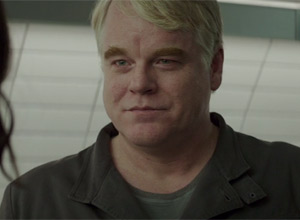
The Hunger Games: Mockingjay Part 2 - Join The Revolution Trailer
Having successfully rescued Peeta and the other Hunger Games victors, Katniss Everdeen is feeling the...

The Hunger Games: Mockingjay Part 1 Movie Review
This four-part franchise, based on the Suzanne Collins novels, turns very dark with this strikingly...

The Hunger Games: Mockingjay, Part 1 Trailer
With the incredible ramifications of the end of the yearly ritualistic sacrificial televised Hunger Games,...

A Most Wanted Man Movie Review
Photographer-turned-filmmaker Anton Corbijn continues to show striking maturity with only his third movie (after Control...

God's Pocket Movie Review
Despite a strong sense of the characters and the setting, this film struggles to engage...
Advertisement
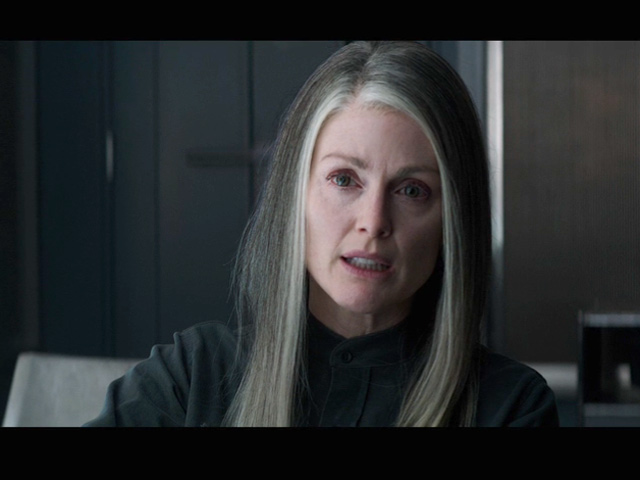
The Hunger Games: Mockingjay Part 1 'Our Leader The Mockingjay' Trailer
Katniss Everdeen has survived the latest political disaster of Panem following the shocking 75th Hunger...

The Hunger Games: Mockingjay Part 1 - 'Mockingjay Lives' Teaser Trailer Trailer
Following Katniss Everdeen's escape from the catastrophic 75th Hunger Games with mentor Haymitch and two...
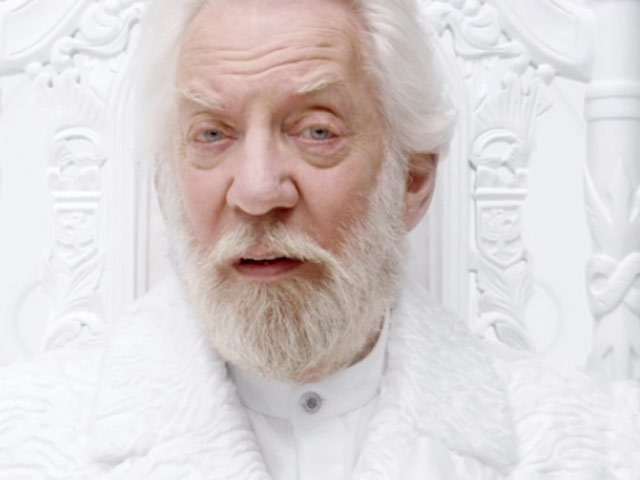
The Hunger Games: Mockingjay, Part 1 Trailer
President Snow has a message for the people of Panem in a mock propaganda clip...
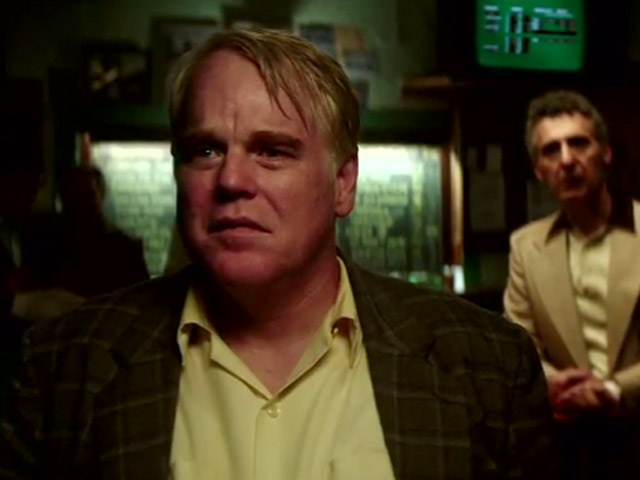
God's Pocket Trailer
God's Pocket seems to be an ordinary working class neighbourhood at face value; full of...
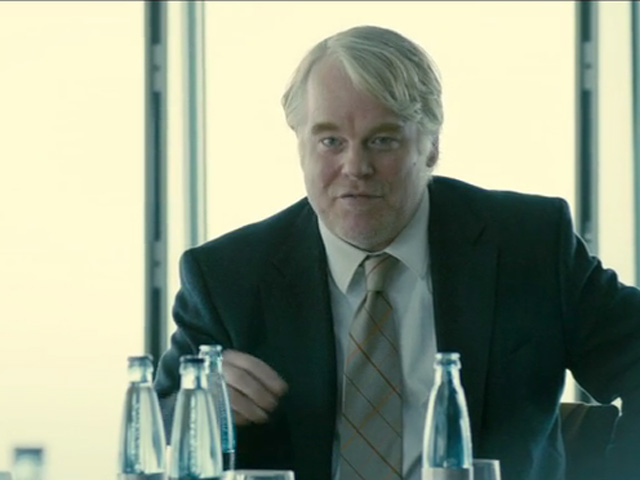
A Most Wanted Man Trailer
A German spy belonging to a secret anti-terrorist group named Gunther Bachmann embarks on his...

A Most Wanted Man Trailer
Gunther Bachmann is a German spy who has been enlisted by both German and American...

The Hunger Games: Catching Fire Movie Review
After 2012's The Hunger Games caught us off-guard with its subtle themes, this sequel more...
Advertisement

